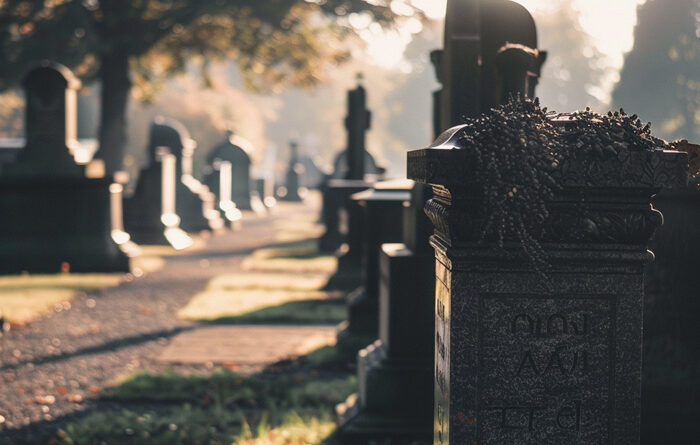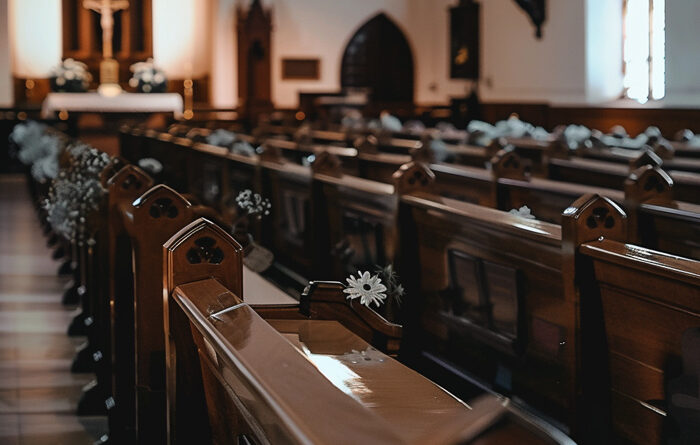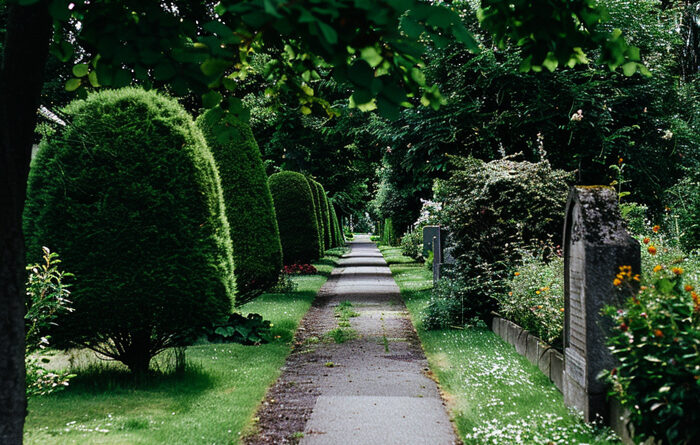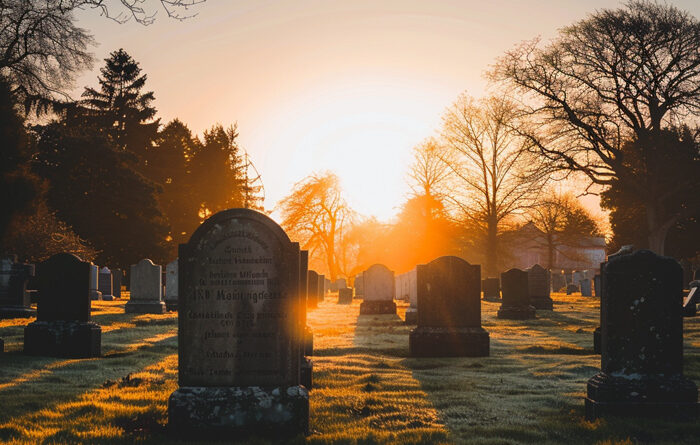
Introduction to Eco-Friendly Funeral Practices
In recent years, there has been a significant shift towards sustainable living, with individuals embracing environmentally conscious choices in all facets of life, including end-of-life ceremonies. In Miami, a city known for its stunning natural beauty and vibrant ecosystems, the trend of eco-friendly funerals has gained momentum, providing an opportunity to honor loved ones while also protecting the cherished environment. The idea of planning a green burial may seem challenging, but with the right guidance, it can be a thoughtful and fulfilling process.
What follows are considerate strategies for arranging a funeral that respects both the deceased and the delicate balance of our natural surroundings.
Opting for Biodegradable Caskets and Urns
One of the most impactful decisions in green funeral planning is the choice of a burial container. Traditional caskets often employ metals and toxic chemicals that can be harmful to the environment. By selecting biodegradable caskets made from materials like bamboo, willow, or cardboard, one contributes to a more sustainable send-off. Similarly, for cremations, urns created from natural materials like sand, salt, or paper ensure a minimal environmental footprint.
Conserving Natural Resources
Another key aspect of eco-friendly funeral planning is the conservation of natural resources. Cremation, albeit more resource-efficient than traditional burials, still consumes considerable energy and releases emissions. An alternative is water cremation—also known as alkaline hydrolysis—which uses water and potassium hydroxide to accelerate the natural decomposition process, resulting in less energy usage and fewer emissions.
Embracing Natural Burial Grounds
The notion of a natural burial ground is central to eco-friendly funeral arrangements. These sanctuaries are dedicated to burying the deceased without the use of chemical embalming, metal caskets, or concrete vaults. Situated amidst Miami’s landscape, these sites allow the body to decompose naturally, contributing to the nutrient cycle and fostering new plant growth. Researching the available natural burial spaces in the area is an essential step in arranging a green burial.
Limiting Carbon Footprint with Location
Minimizing the carbon footprint of a funeral can extend to the location of the ceremony. By choosing sites that are close to most attendees, one can reduce the travel emissions associated with the service. When possible, encourage carpooling or the use of public transportation to further decrease the environmental impact of gathering to pay respects.
Floral Tributes and Memorials
Flowers play an important role in funerals, but they can also pose an environmental concern if they are not sourced responsibly. For a greener alternative, consider using locally-sourced flowers, which reduces the carbon emissions from transportation. In addition, choose organic flowers to avoid the introduction of pesticides into the environment. Memorial trees or gardens can serve as lasting tributes that benefit the ecosystem and provide a living memorial to the loved one.
Digital Obituaries and Programs
The customary print materials associated with traditional funerals are an often-overlooked element of environmental impact. To maintain an ecological focus, consider using digital obituaries and programs. By leveraging online platforms for these purposes, you markedly cut down on paper waste and promote a more sustainable mourning practice.
Eco-Conscious Catering Choices
Many funerals involve some catering for guests. This aspect, too, presents an opportunity to embrace sustainability. By offering locally-sourced, organic, and plant-based food and drinks, you can significantly reduce the environmental toll of the event. Furthermore, by opting for reusable or compostable serveware and minimizing food waste, you take additional steps in making the funeral service more eco-friendly.
Planning Assistance and Legal Considerations
Although the thought of planning an eco-friendly funeral may seem overwhelming, there are resources and professionals who specialize in these services. They possess the knowledge of both the legal aspects and the available eco-friendly options to help guide families through the process. Seek out funeral directors and planners who specifically offer green arrangements, and discuss with them your dedication to an environmentally-conscious service.
When considering the various regulations associated with green burials and funeral services, it’s crucial to review the local laws in Miami. This will protect yourself against any unintentional non-compliance and respect the local eco-system with a legally sound green funeral plan.
Personal Touches and Family Wishes
Eco-friendly funerals can still reflect the personality and desires of the departed. Encourage family members to think about how their loved one would like to be remembered and find personal touches that are environmentally benign. Recycled paper for guest books, seeds for guests to plant in memory, and charitable donations to conservation causes in lieu of flowers are thoughtful ways to honor the deceased without harming the environment.
Conclusion
Planning an eco-friendly funeral in Miami is a profound way to say goodbye to a loved one while honoring the environment. By considering options such as biodegradable burial vessels, conserving natural resources, holding the service in natural burial grounds or at locations that minimize the carbon footprint, choosing sustainable floral tributes, opting for digital memorials, selecting eco-conscious catering, and personalizing the ceremony, individuals can arrange a meaningful and earth-friendly farewell. Though the concept might seem complex, these actionable tips can lead to an environmentally respectful and memorable send-off that aligns with the sensibilities of those who have held the environment dear in life and wish to do so in death.

What are eco-friendly funeral options?
Eco-friendly funeral options include biodegradable caskets, natural burials without embalming, and the utilization of green burial sites that promote ecological conservation. These methods are designed to minimize environmental impact by reducing carbon footprint, conserving natural resources, and preserving natural habitats.
How does a green burial differ from a traditional burial?
A green burial differs from a traditional burial in several ways. It avoids the use of toxic embalming fluids, opts for biodegradable caskets or shrouds instead of traditional coffins, and may forego the use of concrete vaults. Green burials are aimed at allowing the body to decompose naturally and return to the earth, typically within a natural or woodland cemetery setting.
Can I plan an eco-friendly funeral if cremation is chosen?
Yes, you can still plan an eco-friendly funeral with cremation. Options include choosing a water-based cremation process known as aquamation, which is more eco-friendly than traditional cremation methods, and selecting an urn made of biodegradable materials. You may also opt for the scattering of ashes in a place that was meaningful to the deceased, considering local regulations regarding ash scattering.





